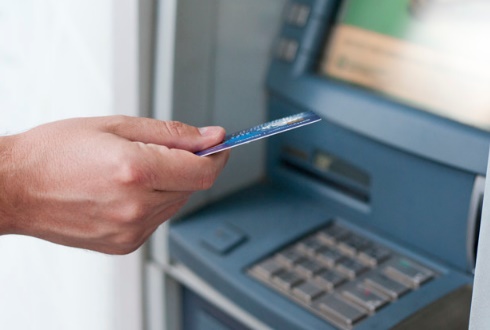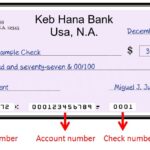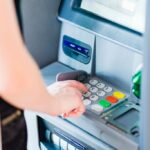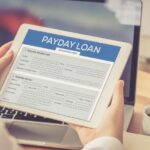At the start, we all plan to manage our expenses wisely and never go over the budget; somehow, everything changes till the end of the month and you can even get an overdrawn bank account.
How’s that? You spend more than expected and ruin your plan. We all make such kinds of mistakes, so you are not alone in the boat. But the real problem starts when your account goes overdrawn, and most of the time, you don’t even have a clue about it.
In this article, we will explain better what to do if you ever get into this situation.
When your bank account is going negative?
Contents
When this happens, the biggest concern is the due fee in the form of an overdraft fee that you have to pay. If you wait any further, you will find yourself entangled in the spiral of paying more fees and encountering a negative reputation.
If you are utilizing overdraft protection, funds will be transferred to your overdrawn bank account from your linked account, or the bank will process an overdraft transaction and charge you an average of $34 for every overdrawn transaction.
Moreover, get ready for paying an additional fee for the bounced checks. Since every bank has its fees and policies, you have to contact your bank to know their fees.
But the question is, how can you get out of this situation?
5 things you must do if you have an overdrawn bank account
If you have also encountered the same situation, we have written you some steps that can help you rectify the problem and prevent future recurrence.

Don’t use your account until things get easy
Discontinue using your overdrawn bank account because you are piling up the overdraft fee with every single transaction. Additionally, you need to stop all the automatic payments and subscription fees that are usually transferred from your bank account.
If you continue using it, your bank will use your next deposits or paychecks to cover all the overdraft fees that will bring your bank account balance back to zero. Therefore, please don’t use it and try to refill it as soon as possible for going back to regular transactions.
Keep track of your transactions
To bring your bank account back to positive, you need to balance it. You can do this by logging in to your online bank portal and note your tractions, direct deposits, and outstanding payments.
This way, you will always be aware of your account balance and never let your account go overdrawn. Even if you have gone overdrawn, it will be easiest for you to figure out the amount to bring your account back to positive.
Contact your bank representative
If you have a positive reputation and never had an overdrawn bank account, your bank may waive your first overdraft fee. For this, you have to call a customer service representative and request to waive off your fee. Remember that banks are not obligated to refund any fee, but if you are polite and know how to direct the conversation, you can succeed in waiving off your payment.
On the other hand, if it’s not the first time and you have a lot to pay, your bank will not refund anything. Instead, you can talk with your bank and set a payment plan to fix the problem or close your account. Whatever way you choose, you have to pay the money you owe.
➡READ MORE: When and Why Banks Report Check Deposits to IRS?
Never opt-in for an overdraft
If you don’t want to face the payment issue linked with an overdrawn account, don’t opt-in overdraft programs. If you have opted in, you can opt-out any time and the best time to opt-out is when your account is overdrawn. This means that your bank will not allow any transaction with the overdrawn account until you refill it.
Link with another account
You can also link your checking account with a savings account to cover your checking account transactions when out of funds. Every bank charges a small fee for this service, but it is way lesser than the overdraft fee. Thus it is better to choose a linked account than to pay a hefty interest for every overdrawn transaction.
Final words
Using the above-given steps can save you from paying hefty overdraft fees that you can invest somewhere productively. So don’t panic and train yourself to get out of this situation quickly.





